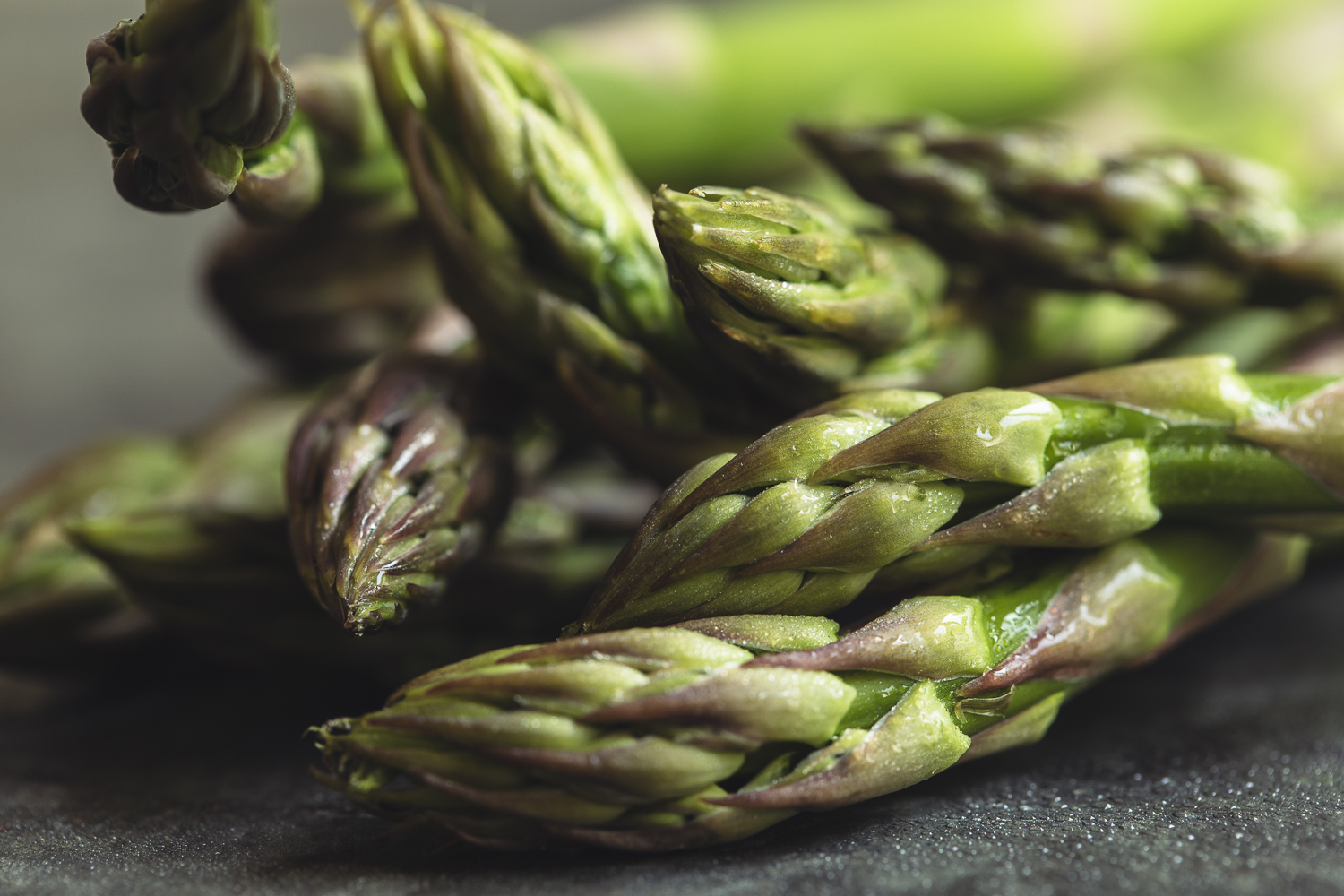Buying and eating food used to be second nature: popping to the shops, or awaiting a weekly veg box delivery, safe in the knowledge that you could top up as and when needed.
Two months ago, with the outbreak of coronavirus, all of that changed. As the virus worsened, countries took unprecedented measures to ensure social distancing, a measure which sparked panic buying, bare supermarket shelves, and a huge demand for any food delivery service.
Limitless choice was replaced with the stark reality of what was available – and we weren’t just accepting, we were overjoyed to find that last egg, bag of flour, or fresh vegetable. Now we can begin to see the light at the end of the tunnel as some normality returns, what will be left out of this newly found flexibility, our ability to cook from scratch, adapt recipes, bake and invent new uses for leftovers?

In fact, this new way of approaching food buying could have huge implications for sustainable food. It means we could, as consumers or food citizens, prioritise other factors such as lower food miles, less intensive production and a clear route back to the producer.
Getting past the idea of infinite choice, and accepting what is available, whether that’s eating by the seasons via a veg box, or making recipes fit around what’s on the shelf, is a huge mindset shift that could move into all areas of consumerism. Perhaps we don’t need endless choice and a throwaway attitude to clothing, either. Perhaps our enforced staycations have revealed local beauty spots, or new plans for UK holidays.
The coronavirus has been a tragedy in so many ways that cannot, and should not, be forgotten. The fact that it has proved another way of living is possible is a relatively small success, but a success nonetheless.
Wicked Leeks magazine, published by Riverford, has covered the outbreak since the beginning; from the rush on home delivery and the impact of restaurant closures on suppliers, to the call for Brits to pick veg, and the change in food habits. You can read the latest issue for free at issuu.com/wickedleeks-magazine – for news, expert opinions from Guy Singh-Watson, Lucy Siegle and others, plus interviews and seasonal recipes.















We were initially disappointed when our ‘limitless choice’ was taken away. However, we quickly adapted our eating habits and recipes and I can honestly say I think we prefer the new arrangements. We look forward every week to seeing what is in the boxes. We always find ways of using everything and nothing is ever wasted.
The thing we were really missing was fresh chillies. This has now been addressed with the essentials bag; however, I would comment that the balance of the bag is wrong, with too much garlic and ginger. I believe one bulb of garlic and a correspondingly smaller piece of ginger would be suitable and drop the price accordingly. At the moment we are giving garlic and ginger away.
Keep up the good work!
We also like the new arrangements and shall stick with the 100% UK box for true seasonal eating.
We do agree about the essentials bag though-it is quite a massive amount of ginger. No problem with the garlic but we only get one once a fortnight. Maybe substitute some of the ginger for a third herb? Or do the bag in a smaller size as well for smaller households with just one garlic, one lemon, one chilli, one herb and a small amount of ginger?
Thanks to everyone at Riverford for working so hard to keep everything carrying on-we appreciate it so much..
Love the way you have embraced this new way of eating and are really enjoying it. Ginger can be frozen and used straight from the freezer, grated into dishes. Garlic can also be minced and frozen, or whole cloves preserved in oil https://larderlove.com/preserved-garlic-oil/